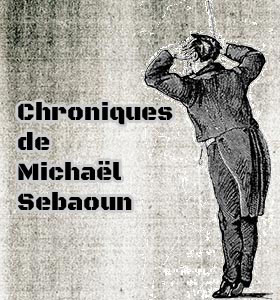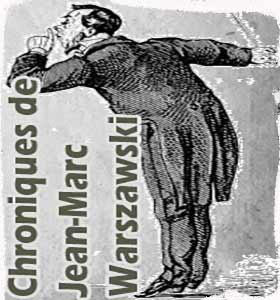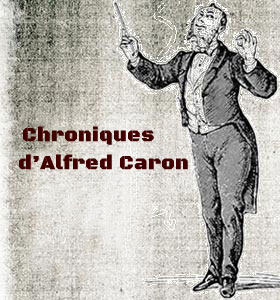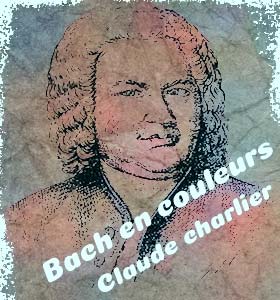Musical Practices – Social Tactics Belonging and Community Building, Exclusion and Marginalization
25-27 September 2025, Berlin
Universität der Künste Berlin
Call for Papers
Deadline: 31 January 2025
Organization: Christine Hoppe (Berlin University of the Arts), Henrike Rost (University of Music and Performing Arts, Vienna
Music-related practices are more than just actions that correspond to artistic creations. As routines, they reflect social, political and cultural dynamics and can act as drivers of social transformation. At the same time, musical practices are consciously or unconsciously used as tactics to achieve musical-cultural affiliation and belonging, to consolidate or challenge social orders, to form communities or to expand spaces.
With regard to methodological frameworks, (historical) musicology has long been interested in the music-related actions of a wide variety of actors in their specific social and spatial contexts (e.g. Rode-Breymann 2007) and thus also in diverse practices. For the conference, we propose a praxeological perspective (see also Unseld/Bebermeier 2018), which seeks to understand social dynamics as a bundle of practices and (everyday) routines. Both the bodies of the acting subjects and the materiality surrounding them are essential (Reckwitz 2003). Following on from this, we would like to explore how musical practices as social tactics can establish and transform cultural orders.
What practices and routines are used to form musical-cultural belonging and identification? How are musical practices used to create social boundaries?
Which practices and routines strengthen cohesion in a music-related community?
Which mechanisms lead to marginalization in music culture (race/class/gender)? Which practices play a role in this?
What changes in practices and routines lead to the opening up of elite culture?
What practices do marginalized individuals and groups follow in order to achieve social participation, mobility and cultural recognition?
Which practices are used to create alternative musical spaces or to expand and reshape possibilities for action and influence?
We are particularly interested in the following topics:
1. Elitism and Exclusion
The classical music tradition is often associated with elitist structures and exclusivity. For example, access to music academies, leading orchestras and opera houses is characterized by certain social and cultural norms. Which practices within education or performance practice contribute to social demarcation? How have these practices changed over time to open up or consolidate musical elites?
2. Community Building and Networking
Music has the potential to create community and connect people. Practices of personal exchange, such as in salon culture, play just as important a role as correspondence, dedication practices and letters of recommendation. What practices characterize the building of networks and communities? What significance do etiquette, rules of behavior or even humor have?
3. Gender
In the history of European music, women composers and female musical actors have been marginalized and made invisible. How did women compose and perform their works in the past despite structural obstacles? What practices have they developed to make their musical work and actions more visible? And how does diversification succeed today?
4. Ethnic and Social Affiliation
Classical music has traditionally been coded as white and Western. This has reinforced the exclusion of non-European musicians and composers. To what extent did the perception of classical music as a “high culture” lead to the marginalization of people of color as well as people with limited access to education?
5. Alternative Spaces
Today, more and more initiatives are emerging that make classical music more accessible to marginalized groups, for example in the form of orchestras for young people from socially disadvantaged backgrounds (El Sistema) and for musicians of color (The String Archestra). What spaces does this create, and how do the related practices influence elitist structures in the classical music scene?
We look forward to receiving an abstract (max. 400 words) and a short biography (max. 150 words) in German or English by 31 January 2025. Please submit your abstract to: c.hoppe@udk-berlin.de. Feedback on the selection of papers will be provided by 1 March 2025. The conference languages are German (and English). A publication of selected papers is planned. An application for funding will be submitted. If approved, travel and accommodation costs can be covered.
Should you have any further questions about the conference, please do not hesitate to contact us at @ or @ .




 À propos - contact |
S'abonner au bulletin
| Biographies de musiciens | Encyclopédie musicale | Articles et études | La petite bibliothèque | Analyses musicales | Nouveaux livres | Nouveaux disques | Agenda | Petites annonces | Téléchargements | Presse internationale | Colloques & conférences | Collaborations éditoriales | Soutenir musicologie.org.
À propos - contact |
S'abonner au bulletin
| Biographies de musiciens | Encyclopédie musicale | Articles et études | La petite bibliothèque | Analyses musicales | Nouveaux livres | Nouveaux disques | Agenda | Petites annonces | Téléchargements | Presse internationale | Colloques & conférences | Collaborations éditoriales | Soutenir musicologie.org.
Musicologie.org, 56 rue de la Fédération, 93100 Montreuil. ☎ 06 06 61 73 41.
ISSN 2269-9910.

Dimanche 3 Novembre, 2024

 04 novembre 2024.
04 novembre 2024.